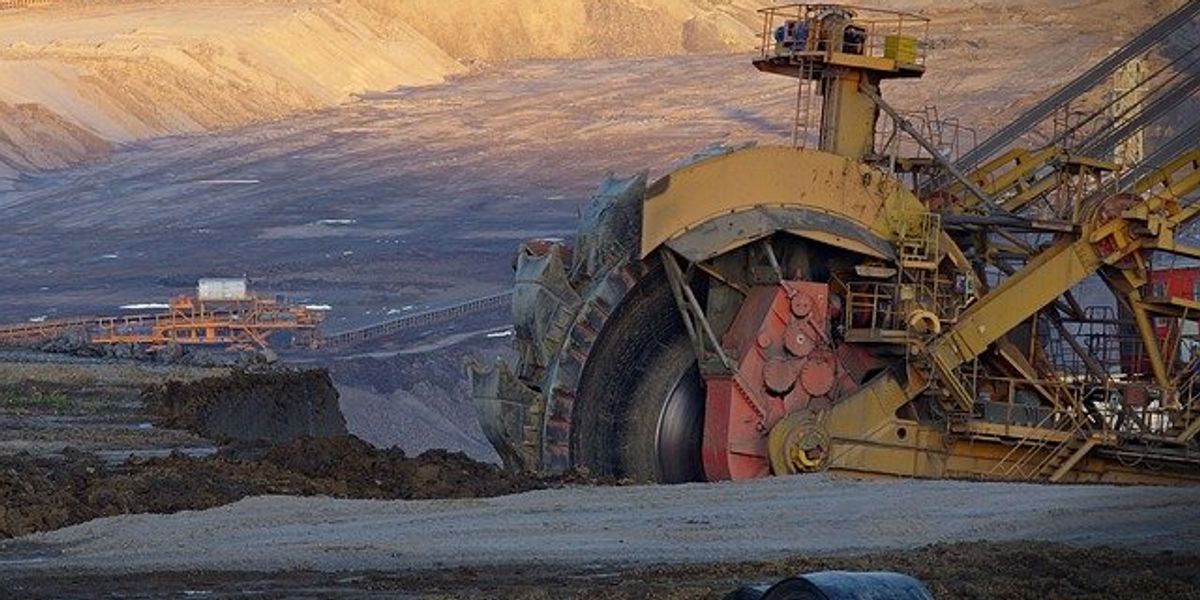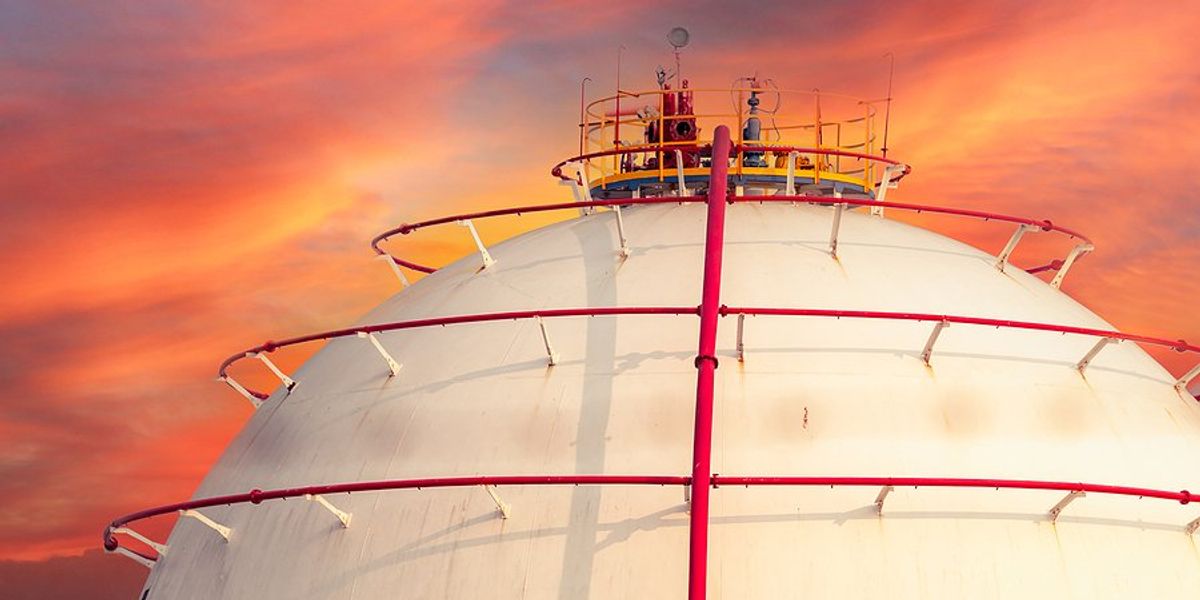uae
Extreme rains in Oman and UAE linked to climate change
A recent study suggests climate change, driven by fossil fuel emissions, likely intensified the unprecedented rains in Oman and the UAE, causing significant destruction and fatalities.
In short:
- The World Weather Attribution's analysis points to climate change as the main driver behind the recent extreme weather in the UAE and Oman, marking a significant increase in rainfall intensity.
- This catastrophic event resulted in the deaths of 25 people across both countries and disrupted major infrastructure, including Dubai's international airport.
- The report emphasizes that no other factors besides global warming have been identified to explain the surge in precipitation.
Key quote:
“The UAE and Oman floods have shown that even dry regions can be strongly affected by precipitation events, a threat that is increasing with increasing global warming due to fossil fuel burning.”
— Sonia Seneviratne, WWA member and professor at Zurich’s ETH university
Why this matters:
Climate change may be altering weather patterns, shifting the paths of storms and worsening the intensity of rainfalls. This shift disrupts typical weather in regions like typically arid regions like Oman and the UAE and poses significant environmental and health challenges, such as increased risk of floods and waterborne diseases.
UAE eyes investment in European nuclear projects for a green shift
In a strategic move toward sustainable energy, the UAE signals interest in investing in European nuclear energy projects.
In short:
- The UAE is exploring investments in European nuclear energy, targeting infrastructure stakes without direct management.
- Discussions with the UK on the Sizewell C project highlight the UAE's broader strategy to diversify from oil and support clean energy transitions.
- This move aligns with global efforts to enhance nuclear capacity, signaling a significant shift towards sustainable energy sources.
Key quote:
"Sizewell C is a crucial part of the UK's agenda for new nuclear power, which is central to our plans for achieving a low cost, clean and secure electricity system."
— spokesperson for Britain's Department for Energy Security and Net Zero
Why this matters:
By diversifying their energy mix with nuclear power, regions can reduce their reliance on imported fossil fuels, which are often subject to geopolitical tensions and price fluctuations. This move towards self-sufficiency is especially pertinent for European nations seeking to mitigate their dependence on gas imports, particularly from regions with unstable political climates.
In 2018, Peter Dykstra wrote about the apparent slow death of nuclear power.
How can buildings beat the heat in a desert city? Blend ancient and modern
COP28: Record number of fossil fuel delegates at climate talks
Disinformation is big challenge as COP28 opens in Dubai
As the world’s leaders gather this week at a major summit to discuss ways to address the effects of global warming, one of the greatest obstacles they face is disinformation.
Documents show plan for leader of COP28 climate talks to promote fossil fuels
Behind the scenes, the Emirates has sought to use its position as host to pursue a contradictory goal: to lobby on oil and gas deals around the world, according to an internal document made public by a whistle-blower.
Cop28 host UAE planned to promote oil deals during climate talks
The host of the UN Cop28 summit, the United Arab Emirates, planned to use climate meetings with other countries to promote deals for its national oil and gas companies, according to leaked documents.



















